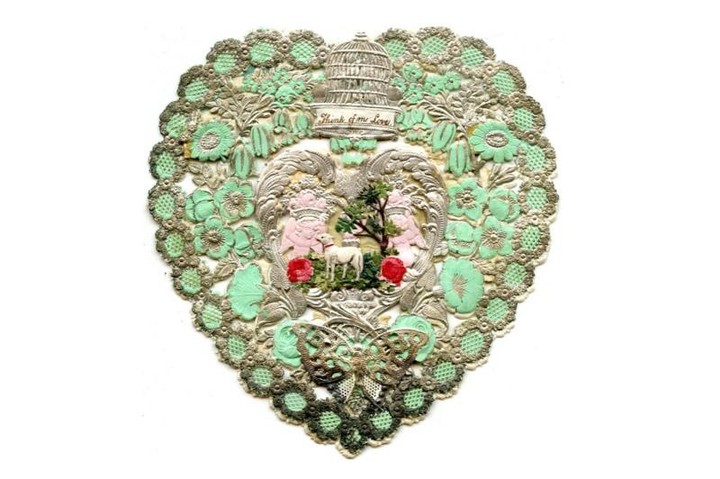
Today is a day of love, according to chocolate manufacturers and greeting card companies, where you show your affection for your sweetheart, or find somebody willing to fill the role of sweetheart for a few hours. And, completely unsurprisingly, this day of romance has its historical roots in, uh, bloody executions, raunchy writers, terrible poetry, and marketing.
Here’s a tour of the real history of Valentine’s Day.
- First off, forget the Romans. They didn’t have a Valentine’s Day as we know it: There are Roman festivals about fertility and the hearth around this time, notably Lupercalia and Juno Februa, but those are the equivalent of Mardi Gras; popular, but local, festivals. Nobody’s ever been able to find a direct throughline from those festivals to our modern Valentine’s Day.
- But there is a Saint Valentine. Actually, there are a lot of them: Valentinus means “worthy, strong, or powerful,” so it was a fairly popular name, and that means there are a lot of St. Valentines. Generally, though, people think it was Valentine of Rome, who got beheaded for trying to convert Claudius II to Christianity, who inspires the name. That said, the biographies of saints are not notable for their historical accuracy, so any claims he secretly married soldiers or helped deliver love notes was tacked on well after his head was lopped off.
- The first historical record of what we’d recognize as Valentine’s Day comes from Geoffrey Chaucer: Yes, England’s most esteemed poet and raunch monster behind stories like The Miller’s Tale, about two clerks both trying to sleep with the same married woman, has the first historical record of Valentine’s Day, in his Parliament Of Fowls. He wrote about love birds to celebrate Richard II’s engagement to Anne of Bohemia, saying:
For this was on St. Valentine’s Day, when every bird cometh there to choose his mate.
- One teeny little problem, though, as Chaucer almost certainly wasn’t talking about February 14th: There’s a lot of argument over this, but suffice to say mid-February in England isn’t the greatest time for birds to start mating. Some argue Chaucer was really talking about February 23rd, others May 3rd. Really the only thing we know for sure is there was some day the English thought was romantic, around the 1400s.
- But it was common enough it keeps turning up in English literature: Ophelia notes she’s not a fan of Valentine’s Day in Hamlet, “Roses are red, violets are blue” dates back to at least 1590 and probably earlier, it was mentioned by John Donne in poetry, and in general there’s plenty of historical evidence the English celebrated Valentine’s Day. It’s not clear exactly when February 14th was settled on, but it appears most people just saw “Valentine” on the liturgical calendar and rolled with it.
- What really made Valentine’s Day take off, though, was the stamp: Most Valentines, during the eraly era, appear to have been couplets read in person, or written and privately exchanged. In 1840, though, the postage stamp was invented and made sending things through the mail incredibly cheap. And since return addresses weren’t required, that meant paper valentines, already popular enough to be factory-made despite postage being expensive, really took off. Some of them are what you expect, all adorable animals and shmoopiness. Others were as close as Victorians got to the dick pic.
- Which brings us to the modern day: Valentine’s Day quickly snowballed after the stamp arrived and today, it’s big business. It’s estimated last year $136 per person was spent on Valentine’s Day. However, none of this total includes the unofficial holiday after Valentine’s Day, namely Half Off Heart Shaped Chocolate Day, which probably adds to the overall volume.
So, there you have it: A Catholic saint who got beheaded for arguing with an emperor has given his name to a holiday about love made most famous by England’s most dirty poet, which we celebrate by eating chocolate, which, by the way, neither Chaucer nor Valentine would have any knowledge of, since chocolate was completely unknown in Europe until the sixteenth century.
What can we say? History is weird.






